Facing Surgery, Feeling Human
At first, I thought it was nothing. Maybe a stubborn stomach bug, stress, or just something I ate… You tell yourself it’ll pass. But then the doctor starts talking about “right hemicolectomy”—that’s surgery to take out a big chunk of your colon—and suddenly life feels a whole lot scarier. Questions ripple through your mind: What happens next? Will I recover quickly? And then, there’s the big one—life expectancy after right hemicolectomy. How many healthy years do you really get back?
If you’ve landed here, you’re probably chewing on these same questions. You want straight talk, not textbook jargon. You want some facts (not just medical mumbo jumbo), but also stories, hope, and maybe a splash of realness, too. Let’s dive in—like old friends over coffee, not doctors under fluorescents.
Why This Surgery? Why Now?
What Brings People to a Right Hemicolectomy?
Let’s not sugarcoat it: Nobody dreams of colon surgery. Most folks end up facing a right hemicolectomy for tough stuff like colon cancer, certain types of polyps, stubborn inflammation (think Crohn’s), or even freaky blockages that just won’t budge. Sometimes it’s urgent—the kind of ER moment where decisions happen fast. Other times, it’s more of a steady march: blood in your stool, changes in how your belly feels, maybe a scan that finally gives you some answers.
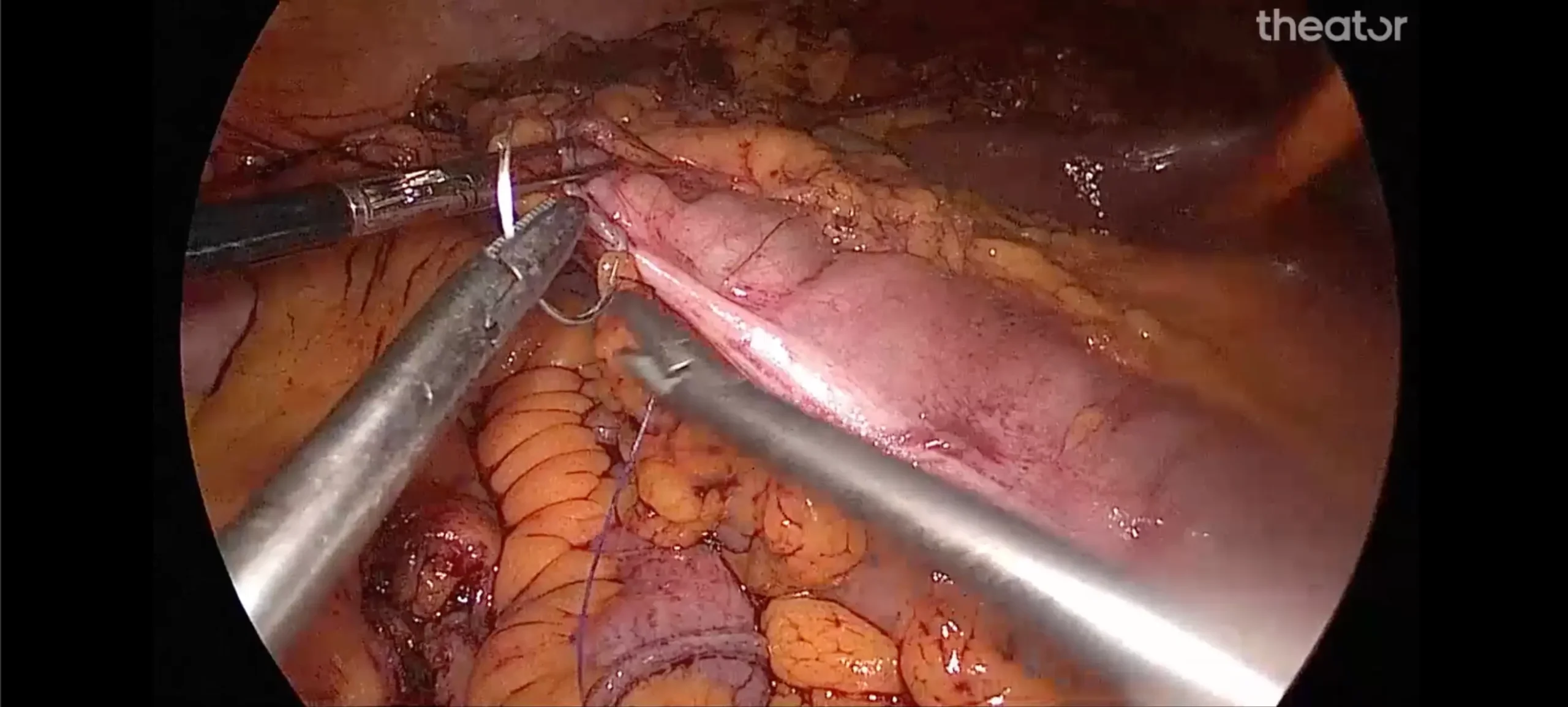
A Real-Life Triumph: Nine Years and Counting
Here’s something wild—a 36-year-old guy, found out his colon cancer had even nudged into his pancreas. Aggressive surgery, a wobbly recovery, but yeah: Nine years later, he’s still well and cancer-free. That’s not a “guarantee,” but it shows what’s possible when things line up right. Kind of gives you a jolt of hope, doesn’t it?Research on long-term survival after right hemicolectomy tells us one thing loud and clear: It’s not just about the clock. It’s about what you do—and who’s on your team—after the surgery is done.
So… How Long Do I Have?
Can You Really Predict Life Expectancy After Right Hemicolectomy?
Here’s the honest answer: There’s no magic “number.” (Wouldn’t that make things simple?) Your life expectancy after right hemicolectomy isn’t set in stone. Like life itself… it’s a mix of ingredients: why you needed surgery, how healthy you were before, the skill of your surgical team, even the day of the week your operation lands on. (Yeah, there are studies tracking that—who knew?)
If you’re curious, studies looking at patients 85 and older show around 89% make it through the first month after surgery, with 83% doing just fine at the 90-day mark. For younger or healthier folks, those numbers soar. For early-stage cancer? Well, let’s just say some people get decades. Others (especially with advanced disease or tough emergencies) might see something shorter—but rarely does it come down to “you’ve only got X years.” It’s just never that black and white.
Age Is Just a Number—Sort Of
This may sound strange, but older patients aren’t automatically staring down a shorter clock because of cancer. Actually, studies show that as people get older, the actual portion of folks dying from colon cancer goes down. More are likely to pass away from unrelated stuff—heart disease or just, well, getting older. The risk of surgery itself does go up with age, but often by just a few percent a decade. Want a number? For people under 59, post-surgery death rates can be as low as 1%. Each decade adds about three percentage pointsaccording to results on colorectal surgery and age, but the big killers tend to be complications (like infections or heart issues), not the disease itself.
| Factor | Short-Term Survival (30 Days) | Long-Term Outlook |
|---|---|---|
| Early-Stage Cancer | 95%+ | 5-10+ years is common |
| Emergency Surgery | 89% | Varies, generally lower but far from hopeless |
| Age 85+ | 89% | 1–3+ years, depending on overall health |
Healing, Hope, and Surprises
What Really Happens After Surgery?
If you’re like me, you might want to believe recovery is a straight, upward line. One and done, right? Not really. Healing after a right hemicolectomy is more like a roller coaster with loops and twists—and some days when you wish you could just get off for a bit.
The first few days after surgery? You may only feel like sipping on broth or clear liquids. Don’t worry. The appetite usually comes back. Most folks are walking the hospital halls within a day. (Nurses will bug you to get up. Trust me, they know best.) Some bounce back fast, back at home gardening or even jogging a few months later. Others ease along a bit slower… There’s no one way to heal. And that’s okay.
Yes, Weight Loss Happens (And That’s Normal!)
I remember talking to someone who’d just had their right hemicolectomy. She laughed—kind of—”I lost ten pounds, but honestly, my old jeans still don’t fit right!” Changes in digestion and weight are super common after this kind of surgery. Don’t panic if the scale bounces around at first. The important thing is giving your body time. (For more tips on this, check out weight loss after right hemicolectomy; you’re not alone in the post-op skinny jeans club.)
Adjusting Everyday Life
Full disclosure: The bathroom may feel like a second home for a while. Your colon just lost a big teammate. Your digestion will change. Don’t be surprised if things are looser or happen more often. Meal planning helps… so does a sense of humor, honestly.
If you want to get truly nerdy (I kind of love this stuff), you’ll find that quality of life after right hemicolectomy is a real, evolving field of research. Most studies? They show that with some tweaks (diet, movement, patience), people adapt—and even thrive.
Mini-Anecdote: From Sofa to Sidewalk
There was a client of mine, let’s call him Pete. Sixty-five when he had his surgery… first few weeks were rough. But then, bit by bit, the guy who couldn’t walk around the block… started joining his wife for short strolls. Within a year, he was volunteering, back at it, and (he’d want me to tell you) beating his neighbor in pickleball. Sometimes it’s the small wins, right?
The Little Stuff That Makes a Big Difference
Can Habits Boost Your Years?
Honestly, yes. And maybe this is where we can give ourselves more credit. Did you walk before surgery? Keep it up—gentle, regular movement can make a world of difference in your recovery. If your doc says you’re up for it, even a short neighborly stroll will do wonders for both your gut and your head.
Another golden rule? Don’t rush the fiber. Start with gentle, soft foods, and slowly add in the good stuff. Celebrate the little meals you tolerate. Research (and thousands of post-surgery bellies) agree: slow, steady, and mindful is the way to go. Want a step-by-step? There’s great advice at quality of life after right hemicolectomy for handling everything from weird cravings to the best recovery snacks.
The Day of Surgery… Does It Matter?
True story: Some studies have checked if surgery done on Mondays or Fridays makes a difference for post-op survival. The answer? Not really. (So don’t waste your energy arguing for Wednesday, okay?) What matters way more is who’s doing your surgery, how fit you are going in, and how supported you feel after. One study dug into this in a giant sample and found that the main difference in surgical results was about the hospital and the surgeon’s experienceaccording to national clinical database insight.
But… What’s Life Like Really? (Quality Over Quantity!)
Living, Not Just Surviving
So yes, the numbers matter. But what’s the point of five, ten, or fifteen more years if you’re stuck living in fear, glued to a bathroom, or feeling isolated? Here’s the really heartening thing: people do bounce back. Many say their new normal is actually… totally manageable. And more than a few claim it made them treasure life’s little moments even more.
That’s not to say it’s easy. You’ll have days when you’re tired, frustrated, or wondering if you’ll ever be “yourself” again. But with the right tribe—family, care team, and maybe an online community full of people who get it—you’ll find your groove. Go easy on yourself, celebrate every small step, and focus on doing what feels good and right for you.
Bathroom Humor and Real Talk
You’re allowed (and encouraged!) to laugh about some of the weird stuff: surprise rumbles, wardrobe malfunctions, off-timed bathroom trips. This isn’t about pretending everything’s perfect—it’s about being real, resilient, and letting life pull you forward anyway.
Time to Wrap Up—Where Next?
So, if you’re still with me, here’s what I need you to remember: life expectancy after right hemicolectomy is about so much more than a number on a chart. Yes, surgery is a hurdle—but it’s also a shot at a second act. Most folks—young, old, and everywhere in between—find their footing and sometimes, even surprise themselves with what’s possible.
No, it won’t always be smooth. But with curiosity, a dash of bravery, and a willingness to tweak your habits, you might just discover new routines that serve you better than your old ones. (If you’re looking for more support around the weird food stuff or those first months, don’t miss weight loss after right hemicolectomy and quality of life after right hemicolectomy—those articles get honest about what the transition really feels like.)
If there’s one thing I want for you, it’s this: Be empowered. Ask your surgeon the tough questions. Talk to folks who’ve walked this path before you. Don’t let fear hijack your hope—because, honestly, those extra years (and memories, and adventures) might just be waiting for you on the other side of surgery. And hey, if you ever need to, reach back out… we’re all figuring it out, one bellyache, one belly laugh at a time. You’ve got this.








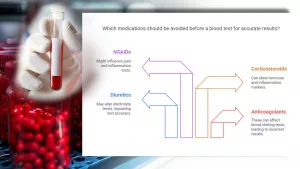
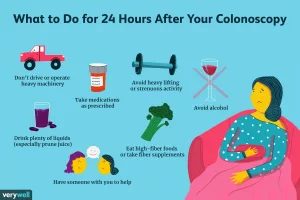

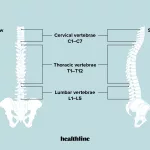







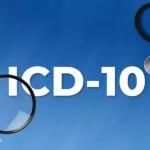





Leave a Reply
You must be logged in to post a comment.